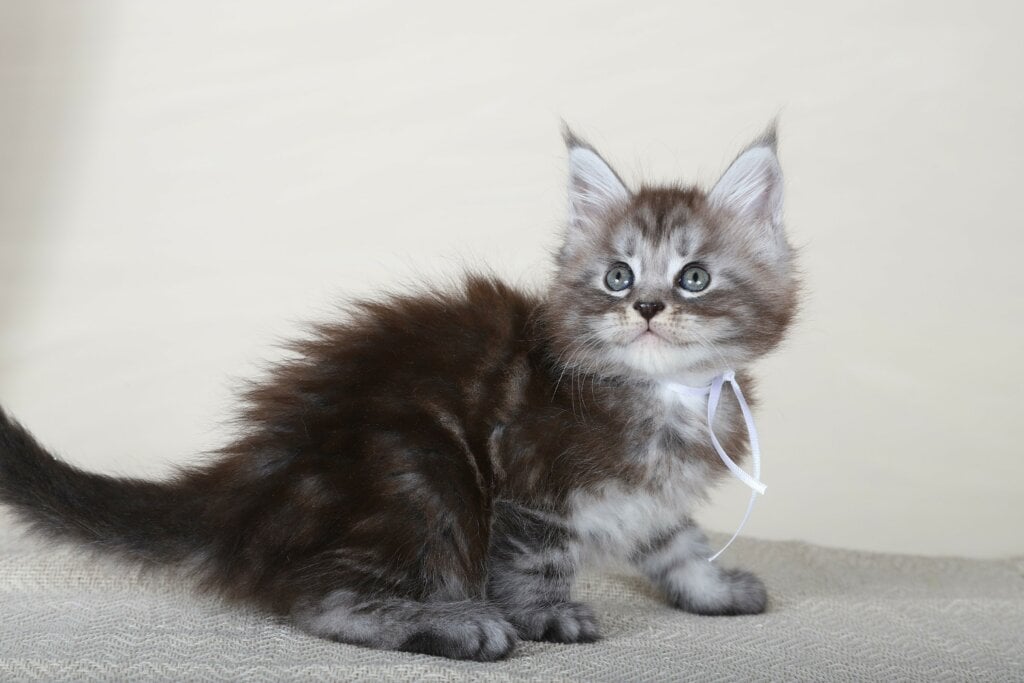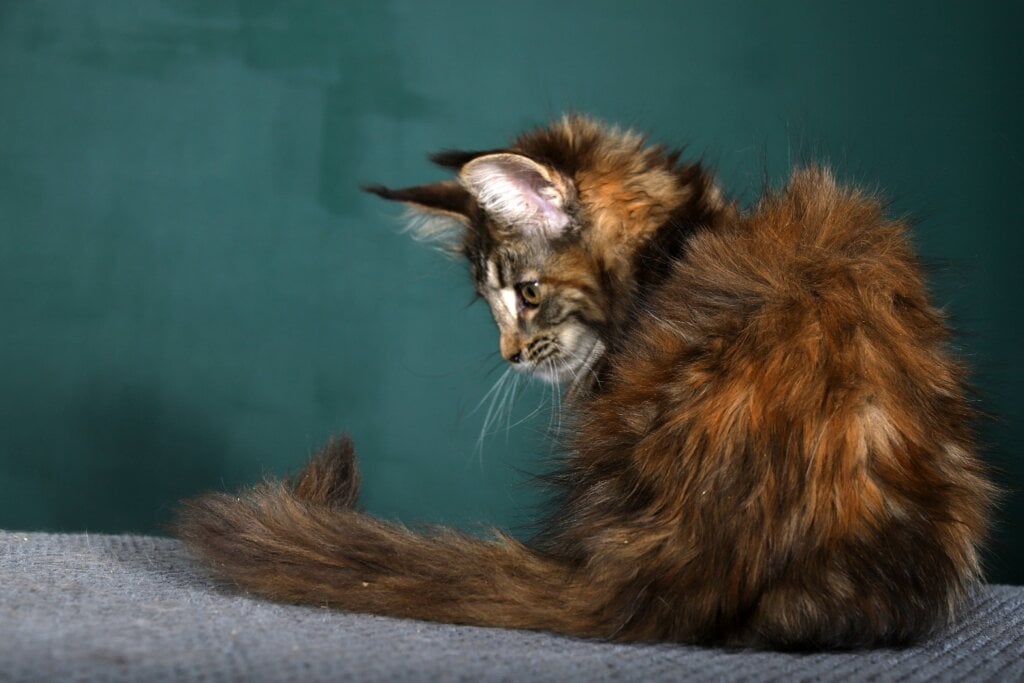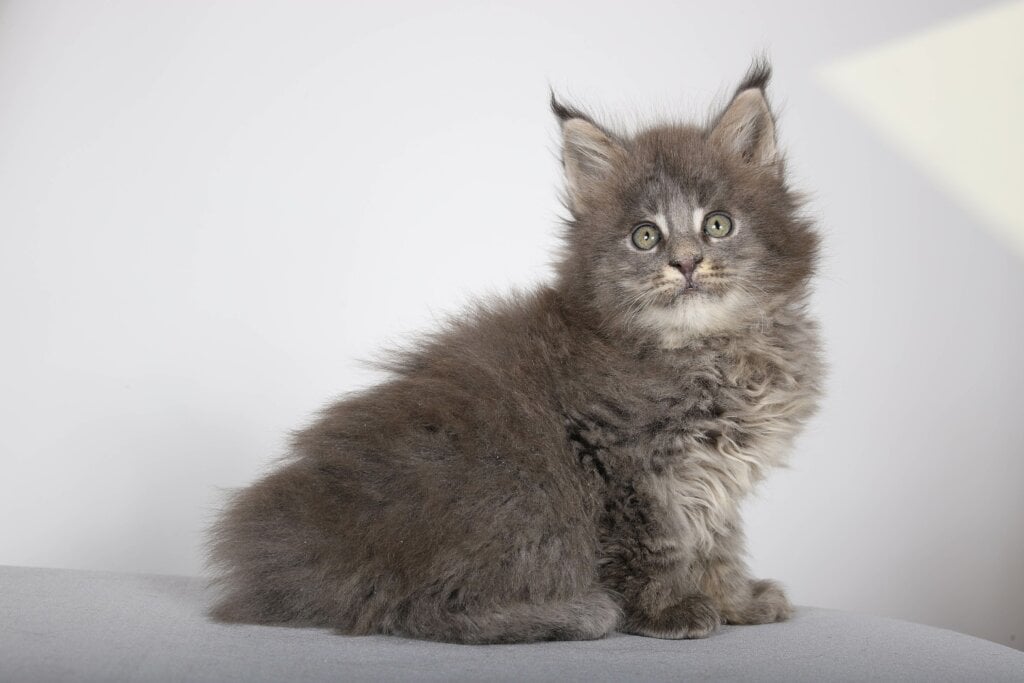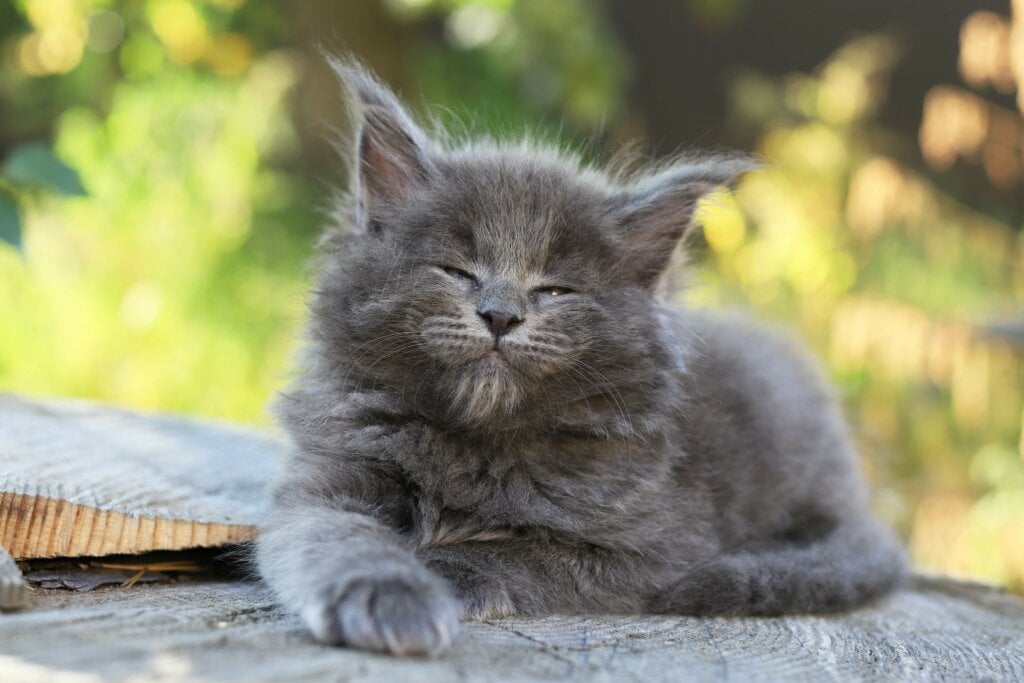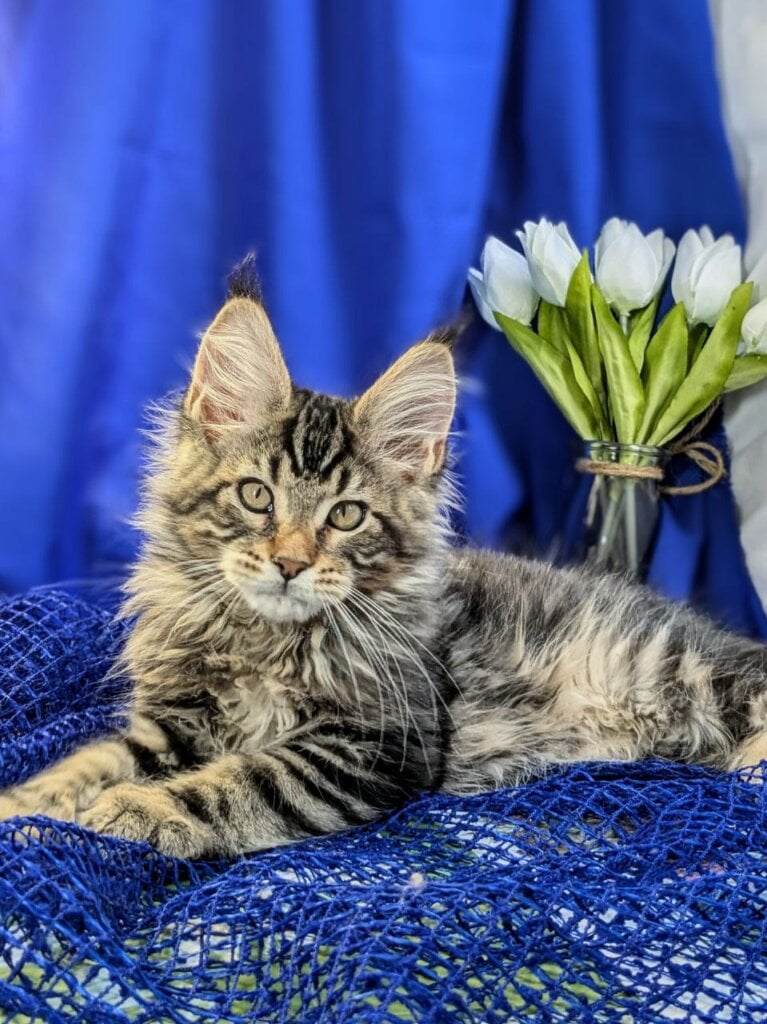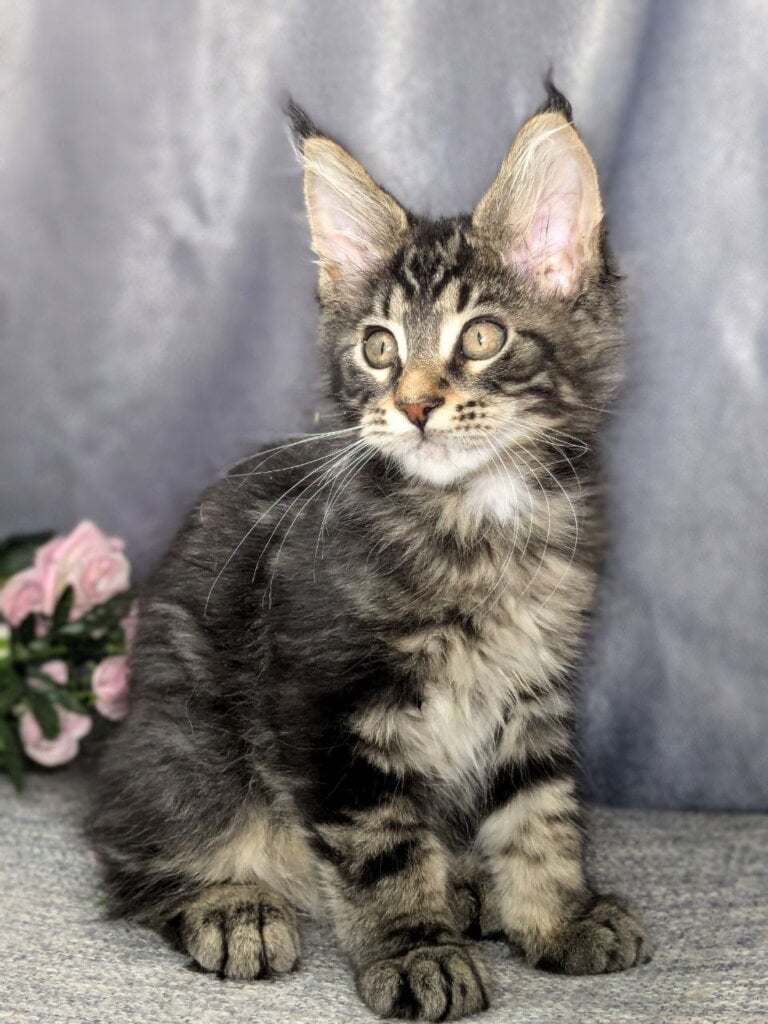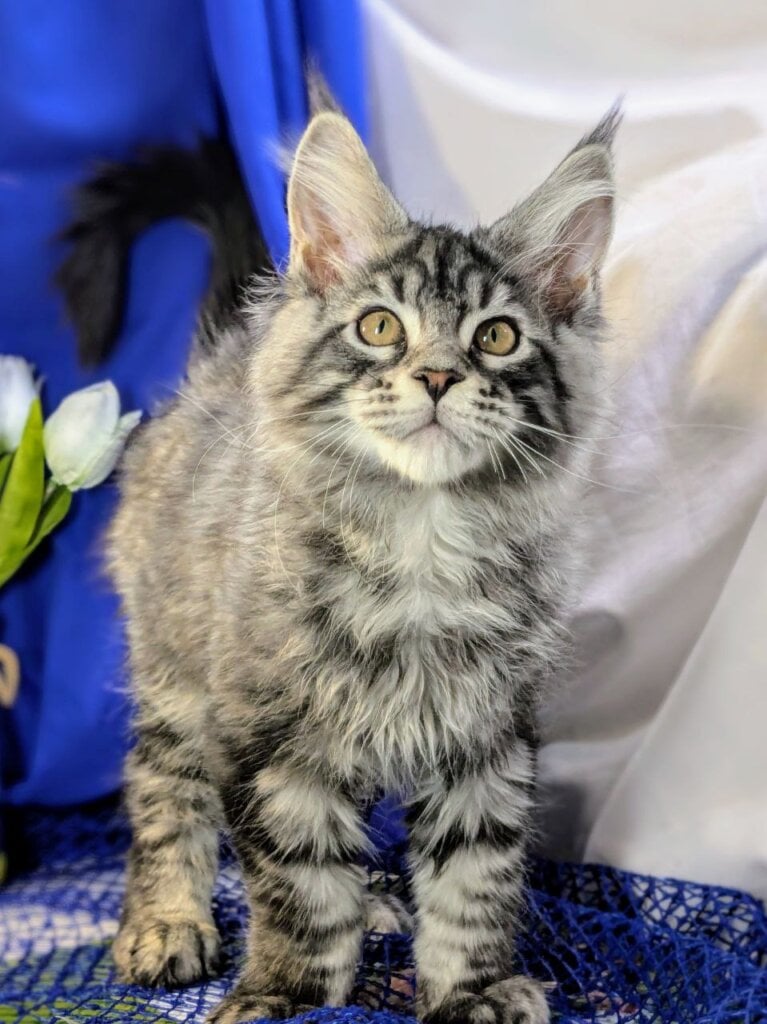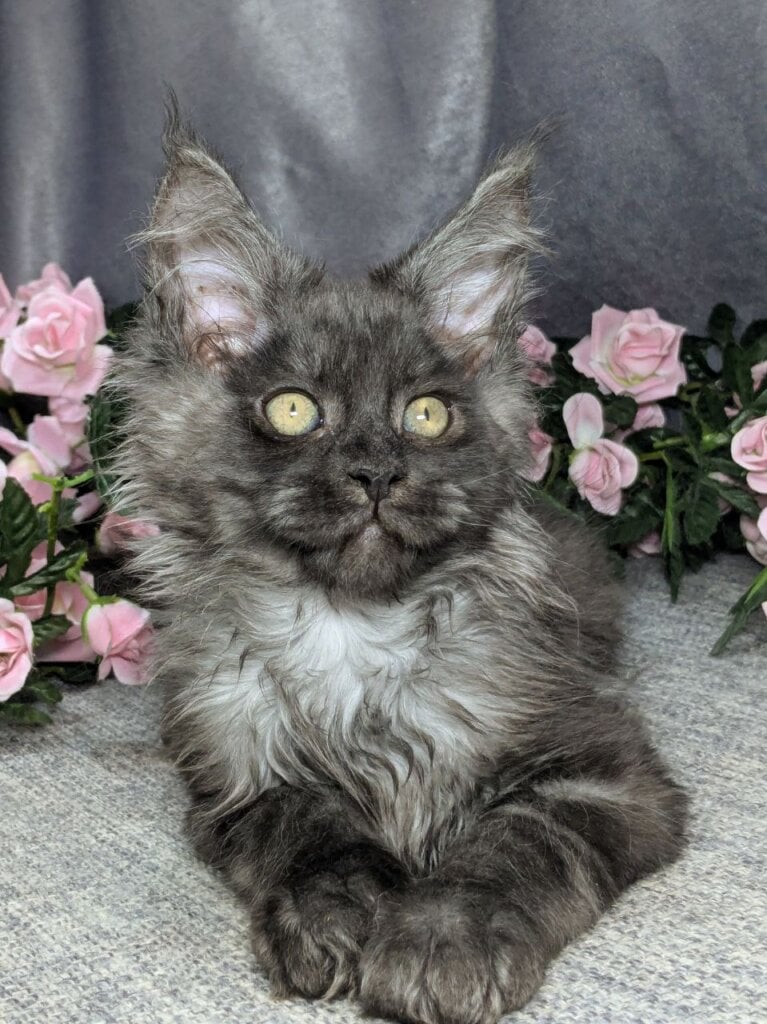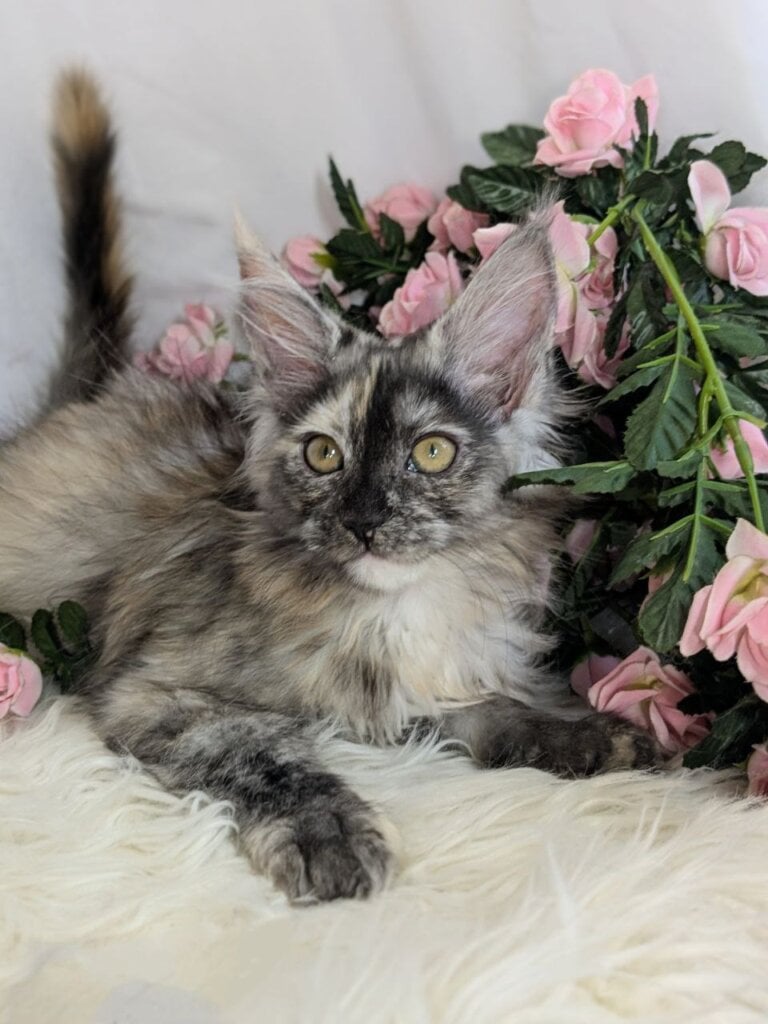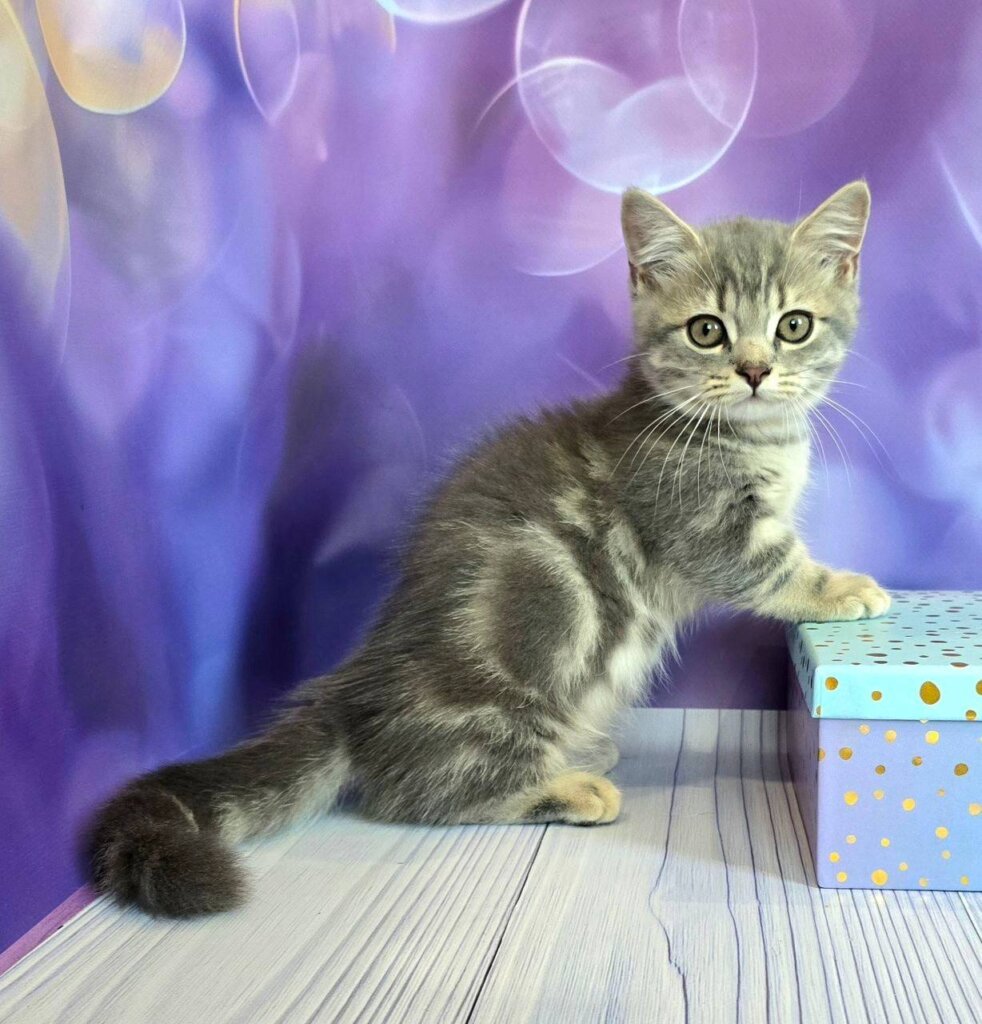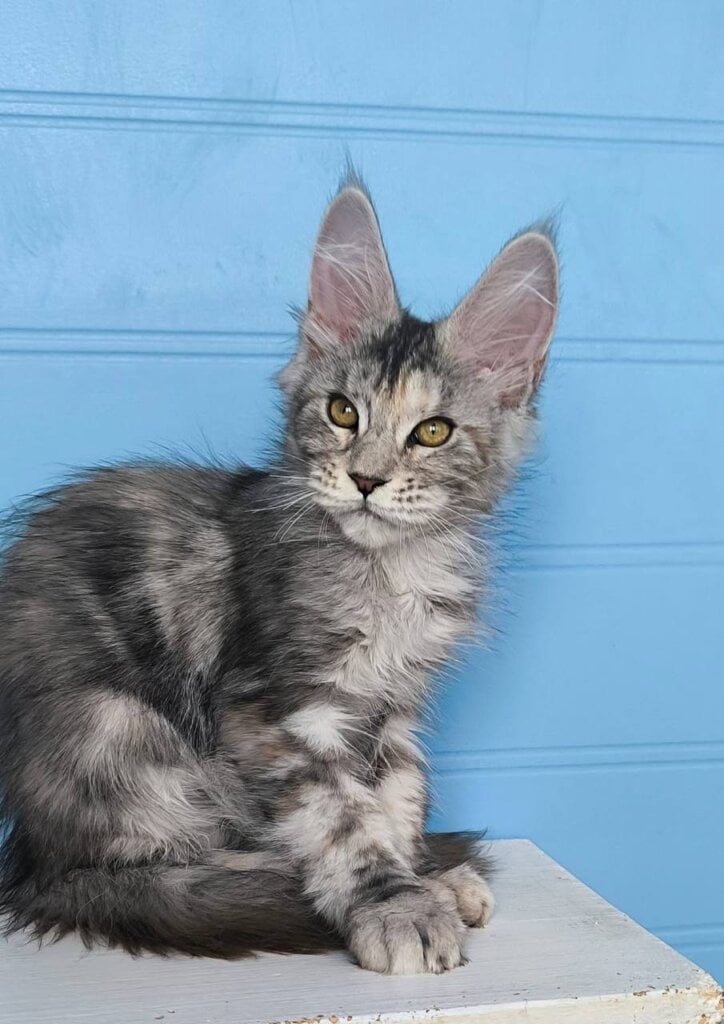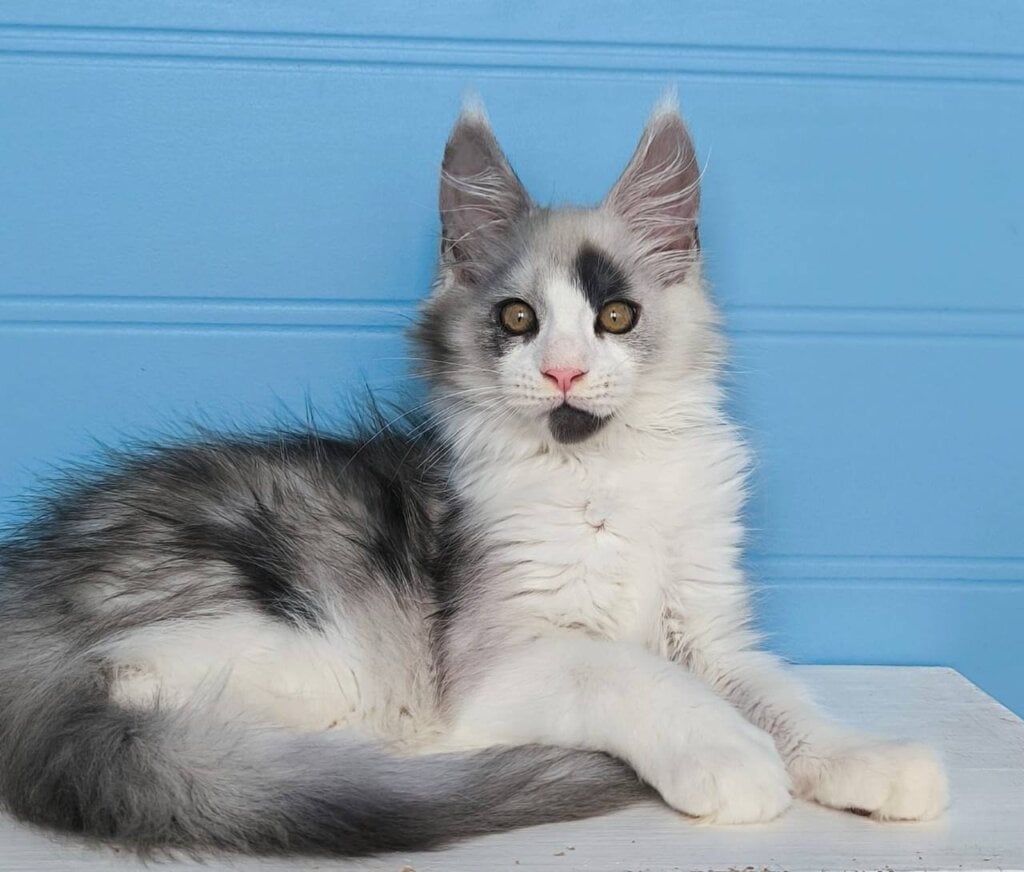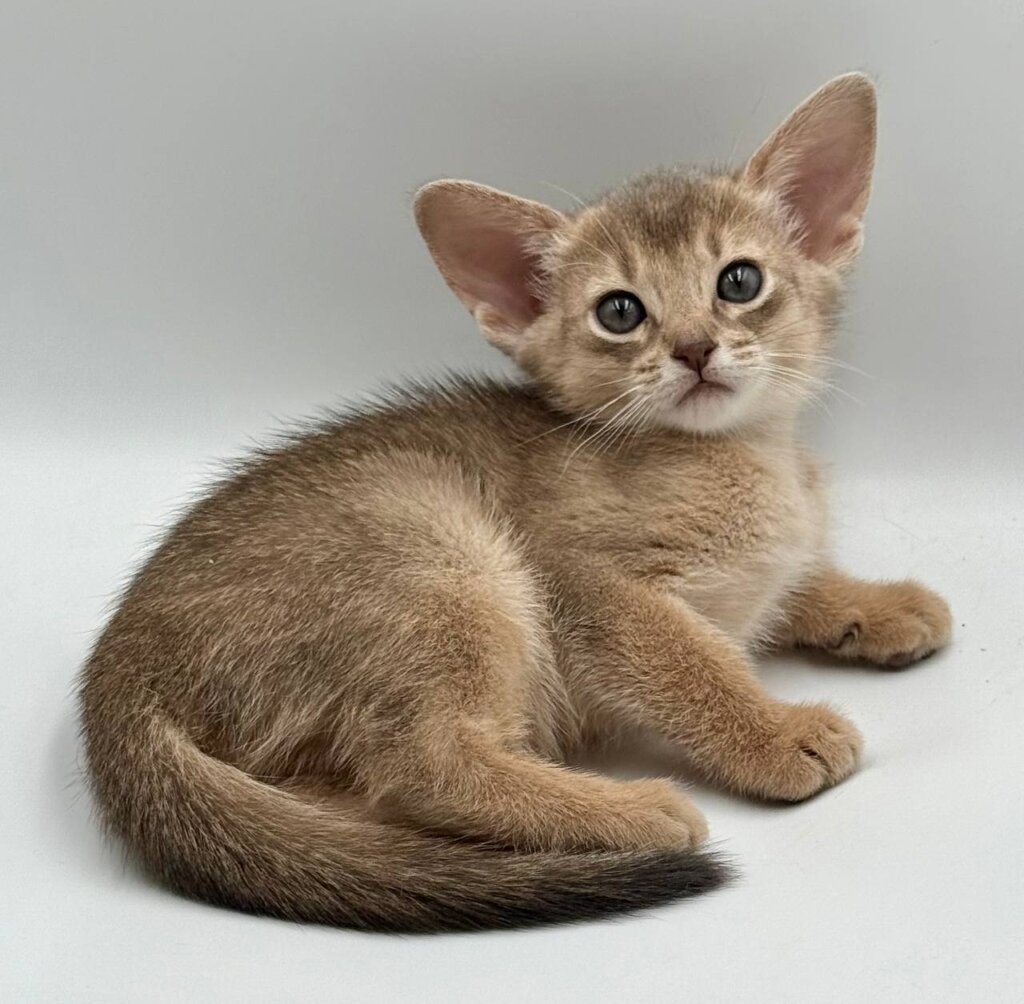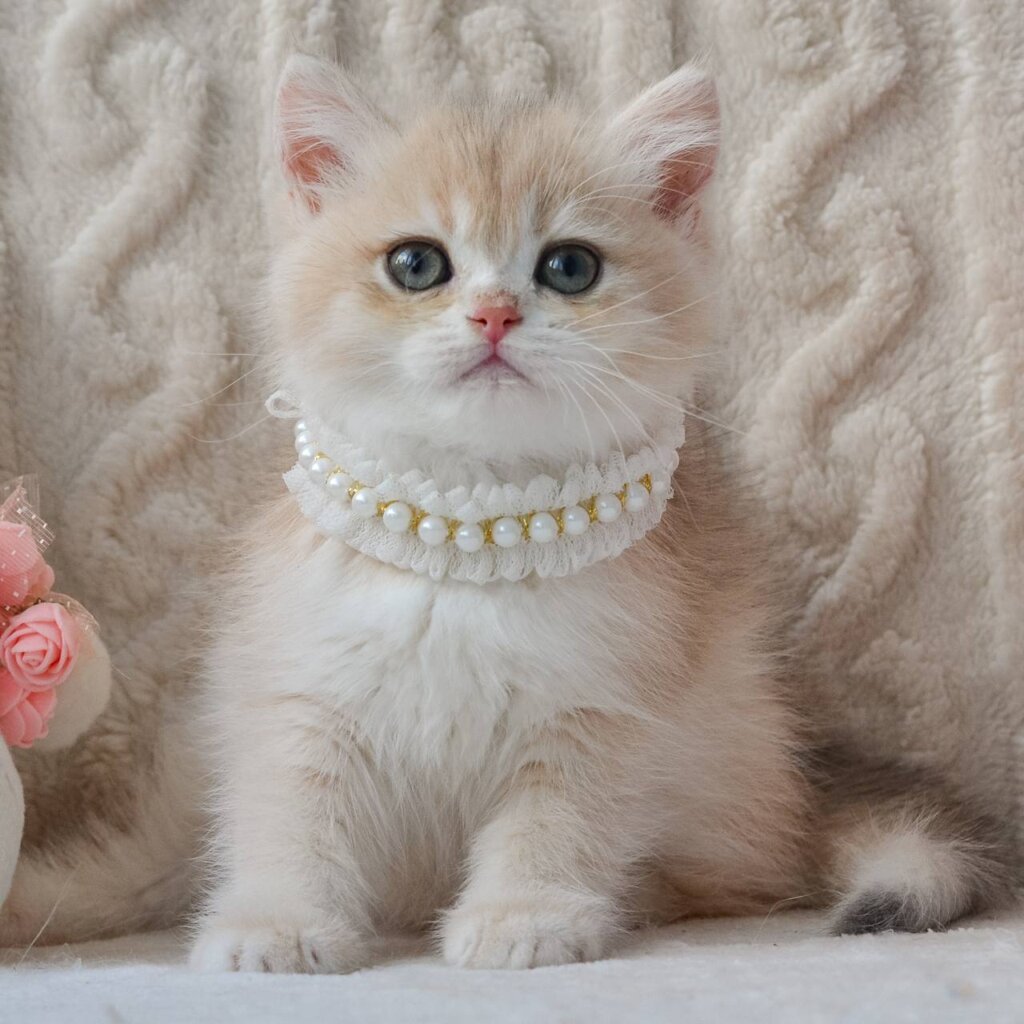Understanding Hypoallergenic Cats
Hypoallergenic cats are simply cats that are from hypoallergenic breeds. Fel d 1 is the most significant allergen found in cats and the source of 95% of cat allergies. That doesn’t mean they’re allergen-free cats, but they are arguably less likely to trigger allergic reactions.
Fel d 1 is found in skin cells, urine and saliva and is the major allergen responsible for allergic reactions. Understanding these hypoallergenic traits is key for future cat owners with allergies to make the right choice.
What Are Hypoallergenic Cats?
Breeds such as the Siberian and Sphynx are recognized for their hypoallergenic qualities. Hypoallergenic cats produce less Fel d1, which makes them ideal companions for those with allergies.
What you need to understand is that hypoallergenic is a term that means less allergenic, as in allergenicity, not no allergens. Grooming habits can help reduce allergen levels in these breeds. Grooming cats such as the Siberian on a frequent basis helps to keep the allergens at bay.
Everyone reacts differently, even within hypoallergenic breeds. You may react much less to a Sphynx but not to a Balinese.
Why Hypoallergenic Cats Matter for Allergy Sufferers
For people with severe allergies or asthma, hypoallergenic cats provide an important alternative. Selecting and breeding these breeds can help improve the quality of life for allergy sufferers by substantially decreasing allergic reactions.
Living with a hypoallergenic cat Siberian or Balinese will lead to fewer sneezes and more overall comfort. Allergy sufferers should consider these options when bringing a new pet home. They provide all of the benefits of pet ownership, without leaving your health at risk.
While not hypoallergenic, Maine Coons are not the worst choice for someone with mild allergies. As female Maine Coons secrete less Fel d1, they are a better choice.
Regular grooming, a balanced diet, and the application of anti-allergen sprays or HEPA filtration can further assist in controlling allergens. As many as 10% of allergic people may not react to Maine Coons, but this depends greatly on the specific person.
Common sense practices, such as washing hands and clothing, and restricting cat access can help lower allergen exposure.
Maine Coon Cats and Allergies
Maine Coons are eye-catching, impressive felines that are one of the largest breeds of domestic cats. They are well known for their large size and distinct features, including tufted ears and a bushy tail. Just because they look like little lions doesn’t mean they are hypoallergenic.
Maine Coons are known for their careful grooming habits, but they are not hypoallergenic cats. This unfortunately does not mean they are safe for people with allergies. Their size may help reduce the spread of feline allergens in the home, but it does not remove the risk. If you have an allergy, it’s important to know whether or not Maine Coons are allergenic before adopting one into your home.
Are Maine Coons Hypoallergenic?
Like all cats, Maine Coons produce Fel d1, the primary cat allergen. Although they might trigger less reactions because of their special grooming habits, they are not actually hypoallergenic. Another myth is that a big cat would be a low allergen producer.
Prospective owners should deeply consider how allergic sensitive they are before committing to a Maine Coon.

What Makes Maine Coons Less Suitable for Allergy Sufferers?
Maine Coons are purposeful and heavy groomers, and as such they can carry allergens around the house. Their shedding fur is a major source of allergens spreading throughout your home, which can be an issue for anyone with cat allergies.
Cat dander, a major trigger for allergic reactions, is found in all cats, Maine Coons included. It’s important to know how you specifically react to a Maine Coon before you decide to adopt one.
While Maine Coons are not hypoallergenic, you can take steps to reduce your allergic reaction. Maine Coons are thought to be better for allergy sufferers because male Maine Coons secrete more Fel d1, the cat allergen, than females.
Regular grooming and bathing can help reduce allergens on their fur, and simple habits like washing hands after petting can alleviate symptoms. Frequent cleaning and vacuuming is important in limiting their dander.
It’s true that as many as 10% of allergy sufferers can get along with a Maine Coon; however, individual situations differ.
Causes and Symptoms of Cat Allergies
What Triggers Cat Allergies?
Cat allergies are believed to be caused by proteins such as Fel d1, which are typically present in cat proteins, skin, and urine. When a cat grooms itself, Fel d1 becomes deposited on its fur and skin. As the saliva dries, these proteins get airborne, which is a sure way to trigger a respiratory attack in anyone who is allergic.
This is why even places where cats tend to sleep can become breeding grounds for allergens. Environmental factors, such as poor ventilation and high humidity, may worsen these allergens at home. Seasonal changes, like during spring or autumn, can worsen these symptoms by raising allergen levels.
Knowing what your triggers are – if it’s a particular season or a particular place – will go a long way in knowing how to manage your exposure.
Common Symptoms of Cat Allergies
You may start with sneezing and itchy eyes, but in more serious reactions you may develop nasal congestion and skin rash. For some, these symptoms can worsen to asthma attacks, particularly in asthmatics with high sensitivity. So keeping a close eye on these symptoms is important.
Knowing when to expect worsening symptoms can help identify proactive management plans. Keeping a log of when and where your symptoms occur can help you identify potential triggers. This can help you better tailor your reactions to their responses and avoid causing them pain.
In many instances, quick lifestyle changes can help avoid medication altogether.
How to Identify a Maine Coon Allergy
Visit with Maine Coons to see if you develop an allergic reaction. Look for any reaction that occurs. Maintaining a symptom diary will be especially helpful in documenting how your body reacts following these exposures.
Allergy testing is another safe, effective method to verify sensitivities to cat allergens. Talking to a healthcare provider can provide personalized advice based on your specific needs. Taking care of Maine Coons, such as ensuring they eat nutrient-rich, gently steamed food, can lower allergen spread, making them more suitable for allergy sufferers.
Evaluating Your Allergy to Maine Coons
1. Spend Time with a Maine Coon
Maine Coons are not hypoallergenic cats. If you’re allergic, this is very important to test your reaction before bringing one home. Being around these cats in different environments will be a good way to measure your reactions.
Schedule trips to shelters or breeders. Spend time with Maine Coons and slowly build up exposure until you notice if you are becoming more comfortable. On these trips, keep track of any allergy responses, including instances of sneezing or itchy eyes, that can serve as a helpful reference down the line.
This important first step is essential in understanding how your body might react to the Fel d 1 protein. This protein is the primary feline allergen present in cat saliva and dander, affecting 80% to 90% of allergic individuals.
2. Undergo Allergy Testing
Consulting an allergist for comprehensive testing can provide clarity on your sensitivities. Identifying specific allergens can guide your decisions about pet ownership.
Allergy tests like skin prick or blood tests can reveal your reaction to Fel d 1, helping you manage allergies effectively. Understanding these results is crucial, especially if you experience severe asthma or respiratory issues, as Maine Coons may not be suitable for you.
Those with mild allergies might find that simple measures like regular grooming and using air purifiers with HEPA filters can minimize exposure to allergens. Female Maine Coons produce fewer hormones than males, resulting in lower allergen levels, which can be beneficial if you have sensitivities.
Managing Cat Allergies with Maine Coons
The art of keeping a Maine Coon with allergies is a combination of science and diligence. Learning how to reduce allergens will help you live comfortably with these majestic cats.
Strategies to Minimize Allergens
- Regularly groom your Maine Coon to remove trapped allergens.
- Use a damp cloth to remove dust from hard surfaces, and reduce the amount of dust that can become airborne.
- Consider buying HEPA air purifiers to clear allergens from the air.
- Prevent the cat from entering bedrooms or other areas where allergens are a concern.
These steps are not just practical, they’re imperative. It is estimated that 80% to 95% of individuals with cat allergies have these antigens associated with the Fel d 1 protein.
Additional strategies, such as regular grooming and using air purifiers, can reduce exposure to this potent protein by up to 99 percent. Additionally, regular hand washing can reduce the transfer of allergens.
Grooming Tips for Maine Coons
Regular grooming with gloves or tools made to catch stray hair works wonders. Maintaining a regular grooming schedule further prevents allergen accumulation.
Bathing your cat on a regular basis can help reduce allergen levels. To minimize allergens in your home, brushing outdoors is most effective, as it prevents dander and loose fur from coming inside.
Maintaining a Clean Home Environment
Caring for a Maine Coon means being proactive about cleaning your home. Here’s how to reduce allergen exposure:
- Vacuum carpets and upholstery regularly with a HEPA filter equipped vacuum.
- Wash bedding and curtains regularly to remove accumulated allergens.
- Use allergen-proof covers on pillows and mattresses.
- Keep surfaces dust-free to minimize allergen deposits.
Taking these steps can go a long way in noticeably improving allergy management. If you can, look for a female Maine Coon, since they usually generate lower amounts of Fel d 1 protein compared to males.
Creating a cleaning schedule and implementing these minor changes may greatly enhance your home’s air quality and comfort.
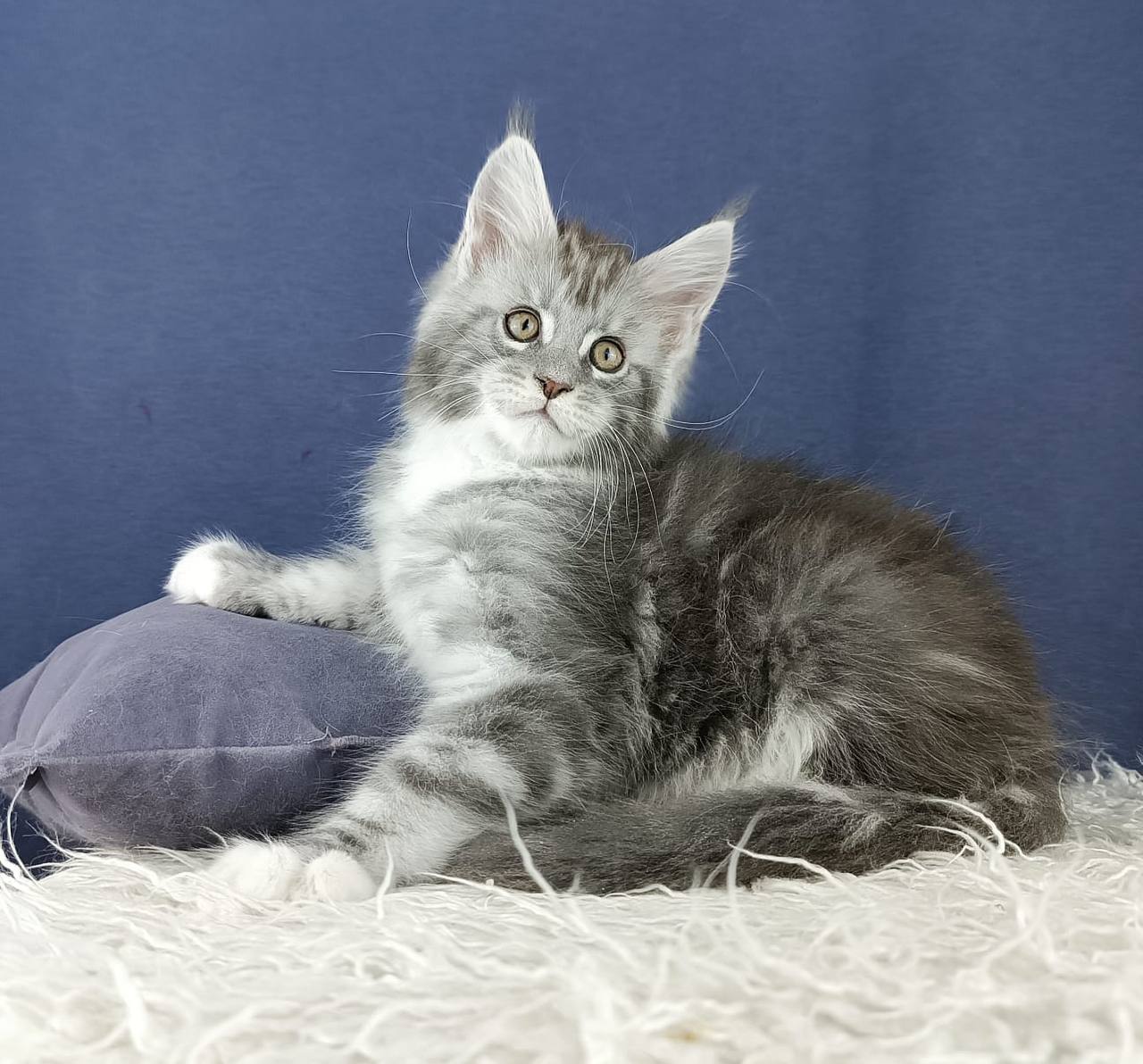
Reducing Allergen Exposure
Keeping your home clean is an important part of reducing allergen exposure while sharing your home with Maine Coon cats. Bathing, brushing, and veterinary care are essential components of this process. Regular grooming is vital for your cat’s well-being. Brush your cat two to three times weekly to cut down on loose fur and dander, which are major allergens.
Setting a regular bathing schedule can help lower your allergen exposure even more. Bathing with soft, hypoallergenic shampoos can help reduce allergen load. Making grooming a positive experience for your cat ensures cooperation and reduces stress for both pet and owner.
Regular Cat Bathing and Brushing
Establishing a bathing routine for your Maine Coon is important. These baths are a crucial step to ensure allergen exposure is being managed. Regular brushing reduces loose hair and dander, two major players in the allergy game.
Gentle, hypoallergenic shampoos can effectively clean while soothing your cat’s skin and preventing irritations from occurring. Grooming should be a positive and rewarding experience, so have treats and praise on hand to make grooming a fun process for your cat.
Hygiene Practices for Owners
Maintaining personal hygiene plays a significant role in allergen management. Clean hands well after touching cats. Doctors suggest a wash with soap and water for at least 30 seconds.
Change clothes after visiting with your cat to avoid spreading allergens. Avoid touching your face after interacting with your cat. Gently wipe your indoor kitty’s paws and coat as necessary to remove contaminants that are tracked in.
Home Cleaning and Air Quality
Good air quality is key for those suffering from allergies. Deploying air purifiers outfitted with HEPA filters can help remove airborne allergens. Keeping good ventilation regularly helps indoor air to circulate, which keeps down allergen levels.
Houseplants can help purify indoor air naturally and improve overall indoor air quality, too.
Additional Tips for Allergy Sufferers
Living with a Maine Coon while managing allergies requires thoughtful strategies. Simple tips go a long way to improving your overall experience as an allergy sufferer. This is why regular cleaning is so important.
Shampooing, vacuuming, and spot-cleaning carpets each day prevents allergen accumulation. Washing your hands with soap and water for 30 seconds after handling a pet effectively removes cat dander.
Nutritional Considerations for Cats
A healthy, balanced diet can go a long way toward keeping your cat healthy and less allergenic. Omega fatty acids are essential to support healthy skin and reduce dander.
Working with a veterinarian to develop a dietary plan specific to Maine Coons will help ensure your pet’s nutritional requirements are adequately addressed. A nutritious diet helps keep your cat as healthy as possible, while reducing allergens in your household.
Medical Advice and Treatments
Those with allergies should consult a doctor to help control symptoms. Over the counter antihistamines and decongestants can provide relief, while allergy shots or immunotherapy can provide a long-term solution.
Adhering to a healthcare provider’s order is critical to successfully treating allergic reactions.
Setting Boundaries with Your Pet
Consider these strategies:
- Designate pet-free zones in your home.
- Limit access to bedrooms and sensitive areas.
- Use baby gates to restrict movement.
- Create a routine for interactions to minimize allergens.
Establish boundaries for your Maine Coon’s area. This is particularly useful to keep in mind if you or anyone in your household suffers from allergies.
Allergy testing for Fel d 1 protein can pinpoint sensitivities specifically. Clean allergens with anti-allergen sprays to help stop asthma attacks or allergy flare-ups before they can start.


